URL structure plays a crucial role in determining the search engine optimisation (SEO) performance of your website. A well-optimised URL structure can enhance your website’s visibility, improve user experience, and boost organic traffic.
In this article, we will explore the significance of URL structure in SEO and provide valuable insights on how to optimise it effectively.
Understanding the Importance of URL Structure
When it comes to SEO, every aspect of your website matters, and URL structure is no exception. The URL (Uniform Resource Locator) is the web address that users see in their browser’s address bar. It serves as a unique identifier for each webpage and provides valuable information to search engines and users alike.
A well-structured URL should be concise, descriptive, and easy to understand. It not only helps search engines determine the relevance of your content but also improves the user experience by providing clear navigation. Let’s delve deeper into how URL structure impacts SEO.
Best Practices for Optimising URL Structure
To optimise your URL structure for better SEO performance, consider the following best practices:
Keep It Short and Descriptive
Short and descriptive URLs are easier to read and share. Avoid long, convoluted URLs that contain unnecessary parameters or excessive keyword stuffing. A concise URL that accurately describes the page’s content is more likely to attract clicks and improve search engine rankings.
Use Relevant Keywords
Incorporate relevant keywords into your URL, especially in the slug (the part of the URL that comes after the domain). Choose keywords that accurately represent the content on the page and align with users’ search intent. However, avoid keyword stuffing, as it may lead to penalties from search engines.
Utilise Hyphens to Separate Words
When creating URLs, use hyphens to separate words instead of underscores or spaces. Hyphens are considered best practices for URL readability and help search engines parse individual words. For example, a URL like “https://www.example.com/seo-tips” is preferred over “https://www.example.com/seo_tips” or “https://www.example.com/seotips.”
Avoid Dynamic Parameters
Dynamic parameters, such as session IDs or query strings, can make URLs unnecessarily long and complex. They can also create duplicate content issues if search engines interpret different URLs as separate pages. Whenever possible, use static, clean URLs that provide a clear hierarchy and structure.
Implement Proper Folder Structure
Organise your URLs in a logical folder structure that reflects the hierarchy of your website. For example, a blog post about SEO tips could have the URL “https://www.example.com/blog/seo-tips.” This organization helps both users and search engines navigate your website and understand the relationships between different pages.
Common URL Structure Mistakes to Avoid
To ensure optimal URL structure, avoid the following common mistakes:
Keyword Stuffing
While it’s important to include relevant keywords, overloading your URLs with excessive keywords is a red flag for search engines. Maintain a balance and ensure that your URLs remain descriptive and user-friendly.
Using Underscores Instead of Hyphens
Underscores are not as search-engine-friendly as hyphens. Using underscores to separate words in URLs can lead to readability issues and potential indexing problems.
Ignoring Redirects and Canonicalisation
If you make changes to your URL structure, it’s crucial to implement proper redirects and canonical tags. Redirects ensure that users and search engines are directed to the correct page, while canonical tags indicate the preferred version of a page when multiple versions exist.
FAQs
While it’s technically possible to use both URL structures, it’s generally recommended to maintain consistency. Choose the structure that aligns best with your website’s goals and stick with it to avoid confusion.
If your website primarily caters to a specific location, such as Melbourne, let’s use the keyword ‘digital agency’ in this case — using the “/melbourne-digital-agency/” structure can help emphasise your local presence and improve local SEO performance.
Long URLs can be less user-friendly and may get truncated in search engine results. It’s generally advisable to keep URLs concise and focused on the main topic or keyword.
Changing URL structures can have an impact on rankings if not implemented correctly. It’s crucial to set up proper redirects and inform search engines about the changes to avoid losing existing rankings.
If your website caters to multiple locations, consider using a more general URL structure that emphasises the service rather than a specific location. This allows for greater flexibility and avoids limiting your reach to a single city.
Related Page and Articles
- Website Design and Development Best Practices for Optimal Site Performance
- Social Media Consultant in Melbourne
- Melbourne Digital Marketing Consultants – Your Business Path to Online Success
- Melbourne Pay Per Click Ads Powering Businesses Online
- Melbourne Search Engine Optimisation Agencies Driving Businesses to Digital Success















